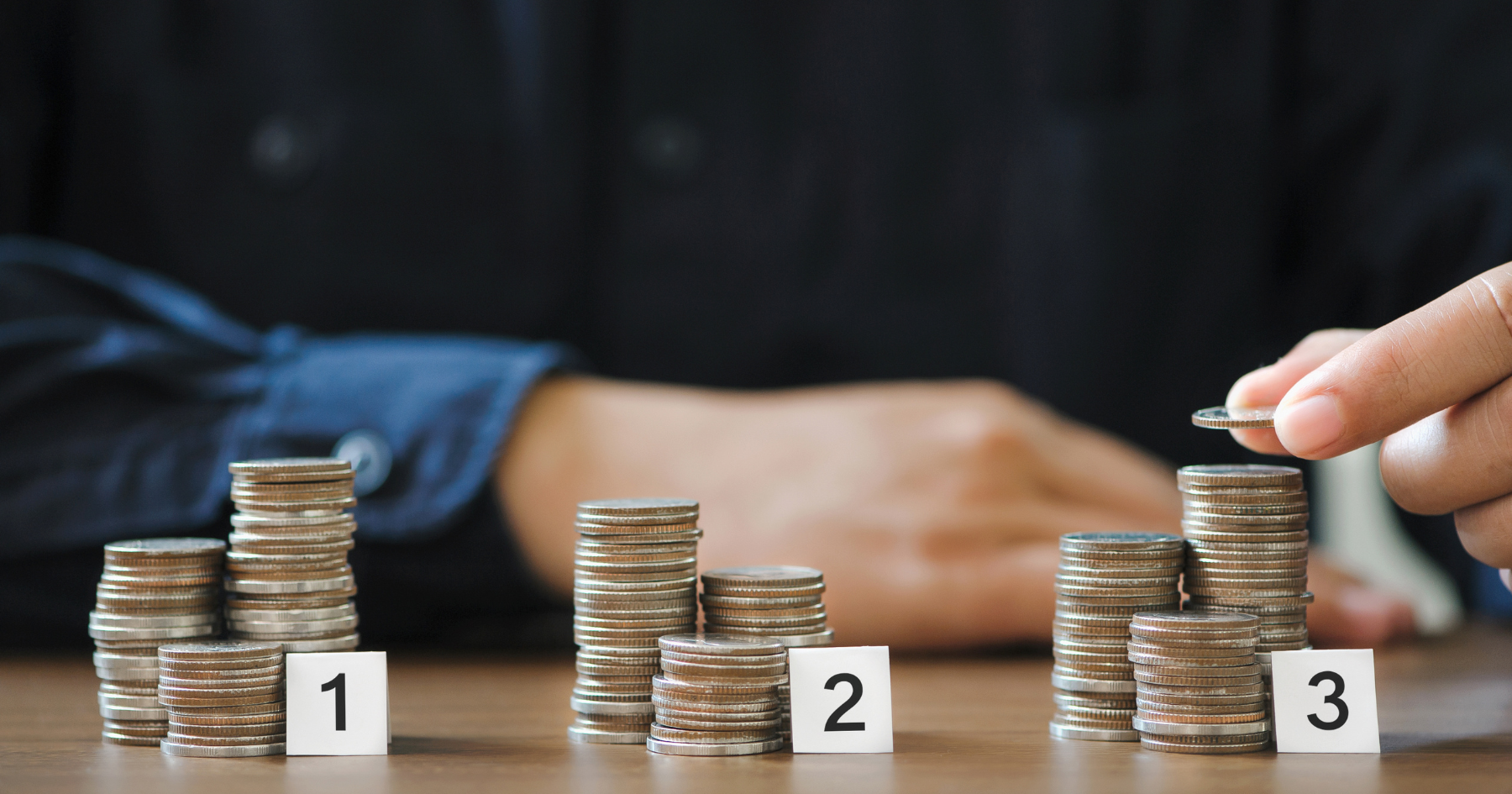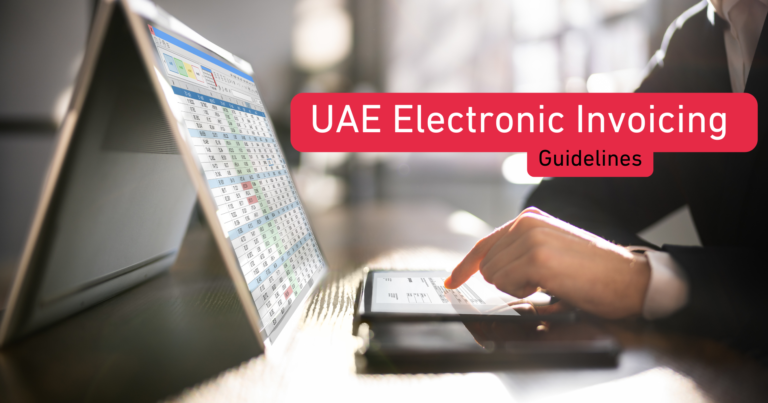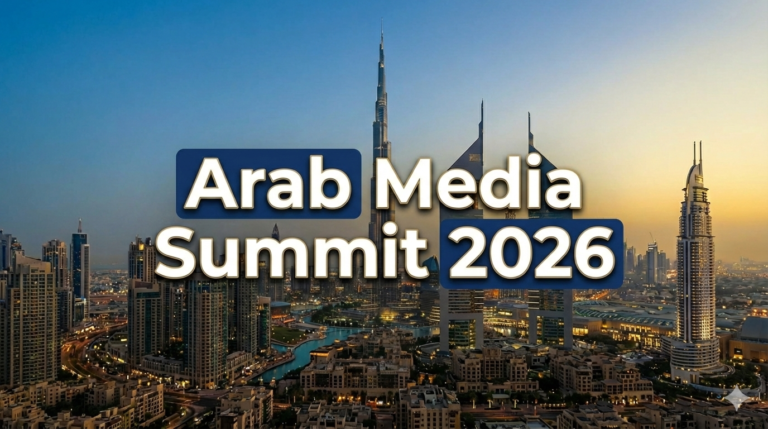
At sunrise, containers stack high at *Jebel Ali Port, cranes moving rhythmically as ships unload electronics bound for Africa. Minutes away, jets lift off from **Dubai International Airport, carrying passengers on one of the world’s busiest international routes. Downtown, tourists gather for photos by the Burj Khalifa while fintech startups pitch investors inside the **DIFC Innovation Hub. These vignettes capture Dubai’s transformation into a *non‑oil economy that is no longer an aspiration, but a functioning reality.
Here Is The Big Picture
In the 1970s, oil dominated the Gulf’s economic story. Today, Dubai derives *less than 1% of GDP from hydrocarbons, with the rest fueled by **trade, logistics, finance, real estate, tourism, and technology. This shift didn’t happen by chance—it was engineered through policies like the *Dubai Economic Agenda D33 and the federal UAE Vision 2031 (u.ae).
Each sector plays its role in the cycle. A tourist attending a cultural festival supports hotels, restaurants, and retail. A logistics SME thrives on efficient customs processes in Jebel Ali. A Golden Visa recipient launches a startup in Dubai Internet City. Together, they weave a tapestry of diversification.
Growth Engines Breakdown
• *Trade & Logistics: Jebel Ali Port ranks in the global top 10, handling re‑exports worth more than AED 500 billion annually. *Dubai South integrates aviation and warehousing into one ecosystem.
• *Tourism: Over 17 million visitors in 2023 contributed about *12% of GDP, with mega‑events and attractions sustaining year‑round demand (VisitDubai).
• *Finance: The *DIFC contributes 15% of GDP, hosting 600+ fintech and innovation firms (difc.ae).
• *Real Estate: Transactions exceeded AED 500 billion in 2023, backed by escrow laws and regulation from the *Dubai Land Department (DLD) (dubailand.gov.ae).
• *Technology: The *UAE Artificial Intelligence Strategy 2031 and platforms like DubaiNow are embedding AI and blockchain into governance and services (u.ae).
Stories on the Ground
Logistics Efficiency
A European electronics distributor moved its Gulf operations to Jebel Ali. Customs clearance times dropped from 14 days to 48 hours, reducing costs and anchoring Dubai’s reputation as a logistics hub.
DIFC Fintech Growth
Startups in DIFC now handle multi‑currency payments for SMEs, cutting settlement times and fueling demand for compliance and data specialists.
Tourism Multiplier
A package combining desert safaris with Dubai Opera performances raised visitor spending per trip, proving tourism’s impact across multiple sectors.
Real Estate Transparency
Escrow rules by RERA improved investor trust in off‑plan sales, drawing buyers from Europe and Asia who once hesitated.
Dubai’s Non‑Oil Economy and The UAE‑Wide Context
Dubai’s story is inseparable from the wider UAE. Abu Dhabi invests in heavy industry and clean energy, Sharjah supports manufacturing, and the northern emirates focus on logistics. Together, they form a national economic network anchored by Dubai’s connectivity. Federal policies like Operation 300bn and Net Zero 2050 provide long‑term certainty for investors weighing UAE‑wide commitments (u.ae).
Risks and Resilience
Global trade downturns, property volatility, and the cost of talent pose risks. Yet Dubai mitigates them with:
• Common‑law jurisdiction via DIFC Courts.
• Transparent property laws under DLD/RERA.
• Residency schemes like the Golden Visa.
• An emphasis on digitisation to replace bureaucracy.
This agility has helped Dubai rebound quickly from global shocks and retain investor confidence.
Where Momentum Is Growing
• Green Growth: Solar power expansion, EV charging grids, and sustainable real estate.
• *Digital Services: AI copilots in government, blockchain in real estate, citywide services via *DubaiNow.
• Creative Economy: Gaming, design, film, and live entertainment.
• Advanced Logistics: Cold‑chain pharma and aerospace parts moving through integrated hubs.


